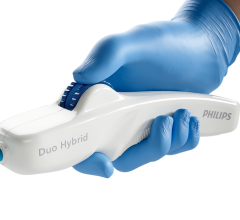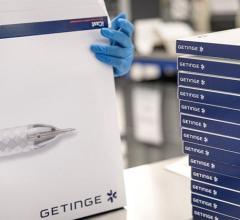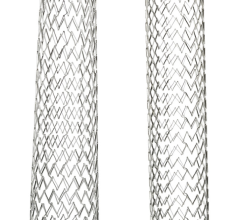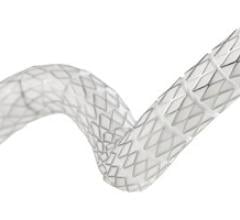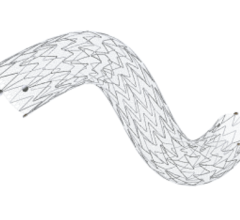A stent designed to dissolve after it completes its task of propping open narrowed heart arteries is being tested by scientists.
The first human experiment with the dissolving stent is being conducted with 26 patients at hospitals in New Zealand and Europe, the Associated Press reported. The study is designed to test whether the stent is safe enough to be used in larger studies.
Thirty days after receiving the stents, all the patients are doing well, Dr. John Ormiston of Auckland, New Zealand, said Tuesday at a meeting of cardiologists in Washington, D.C.
The stent is made of the same kind of material as some dissolvable stitches but is designed to last longer than the stitches. Tests in animals suggest that the stent completely dissolves within two years, the AP reported.
Millions of people worldwide have received stents -- tiny metal-mesh tubes -- to hold open arteries after doctors have dealt with fatty deposits that clogged the arteries. The stents are viewed as a way to prevent heart attacks without the need for open-heart surgery.
However, recent research suggests that drug-coated stents -- the most popular type -- can cause potentially deadly blood clots months or years after they're placed in patients, the AP reported.
A stent that could do its job and then dissolve would be "a major milestone," Ormiston said.


 November 24, 2025
November 24, 2025 


